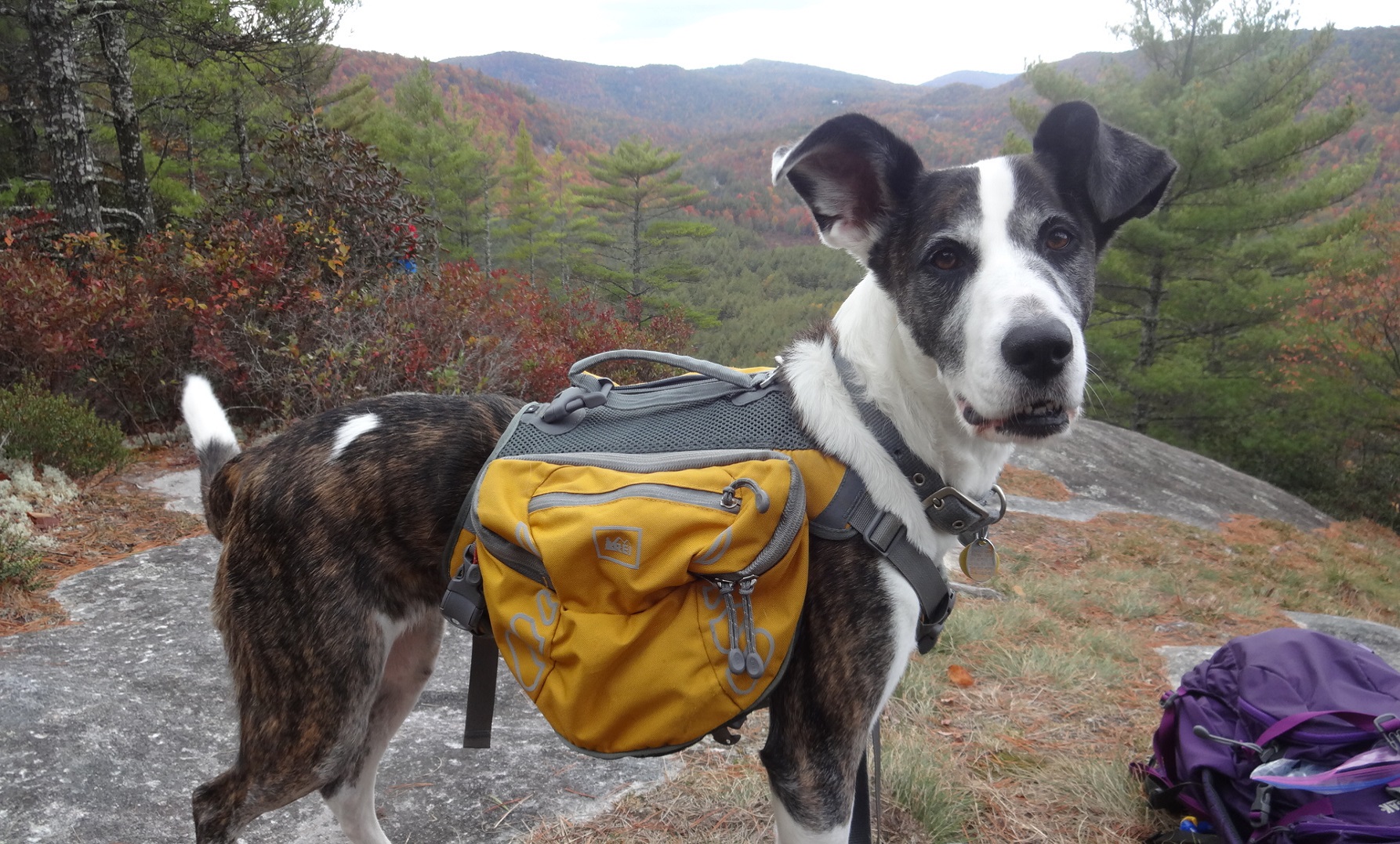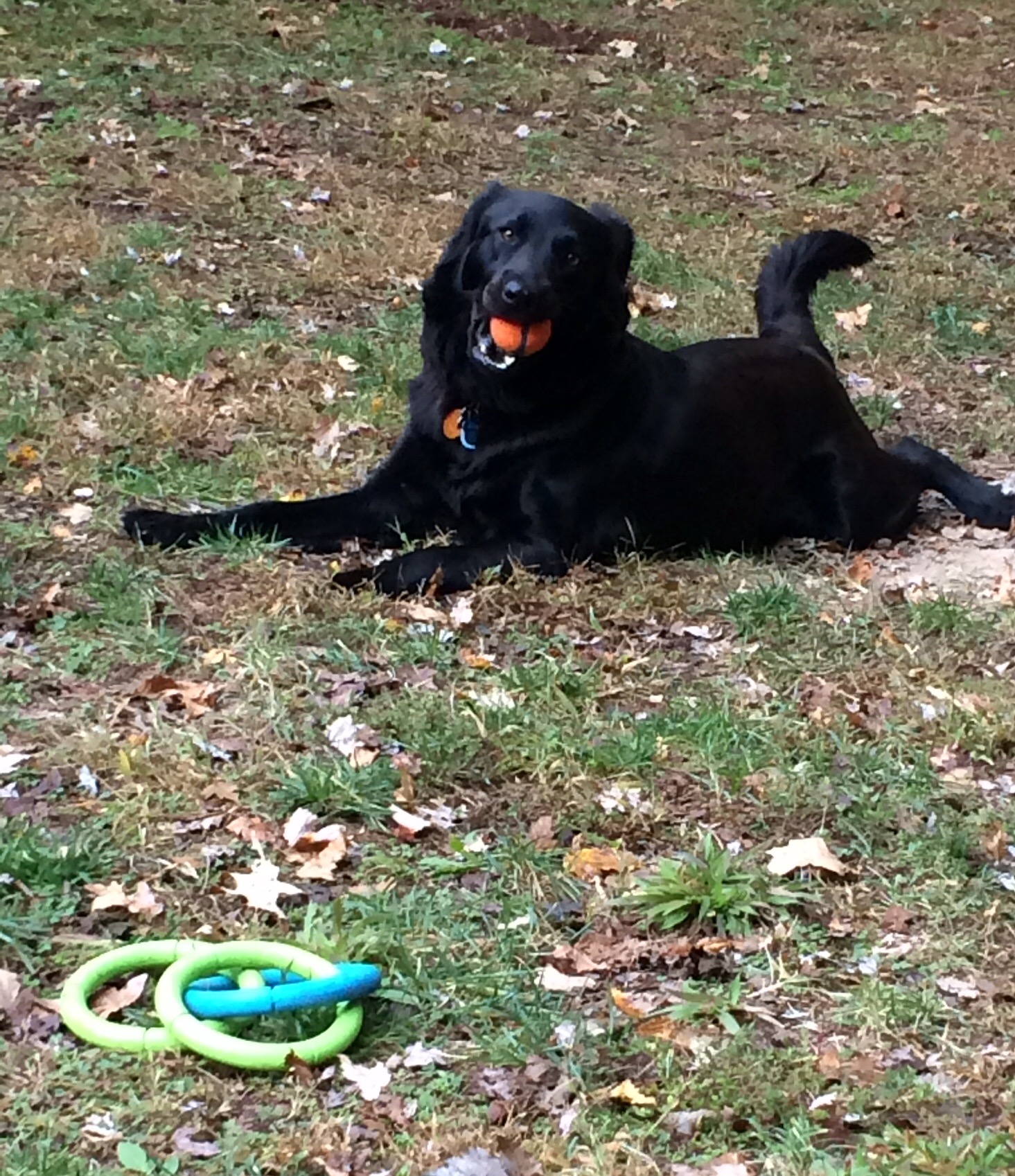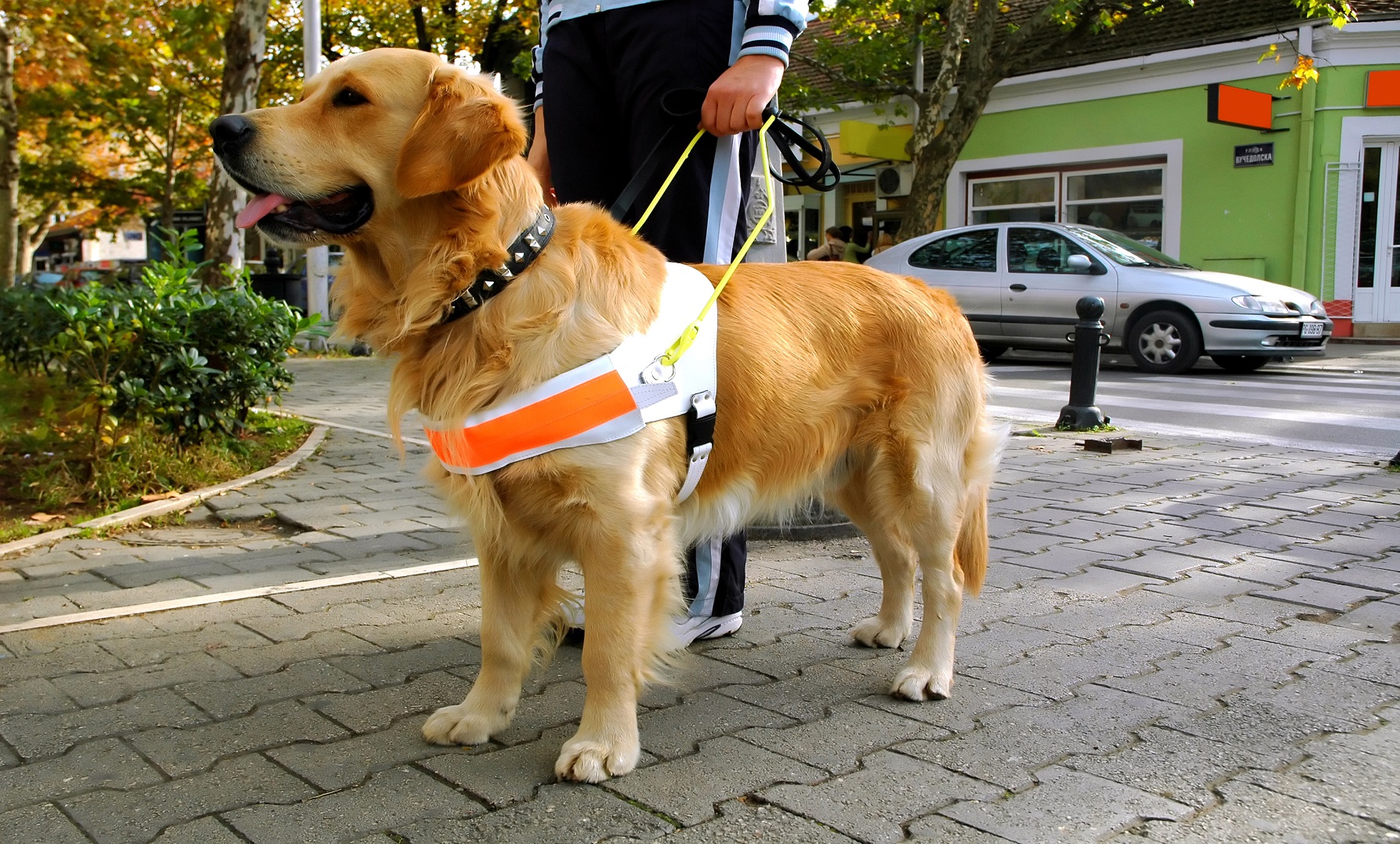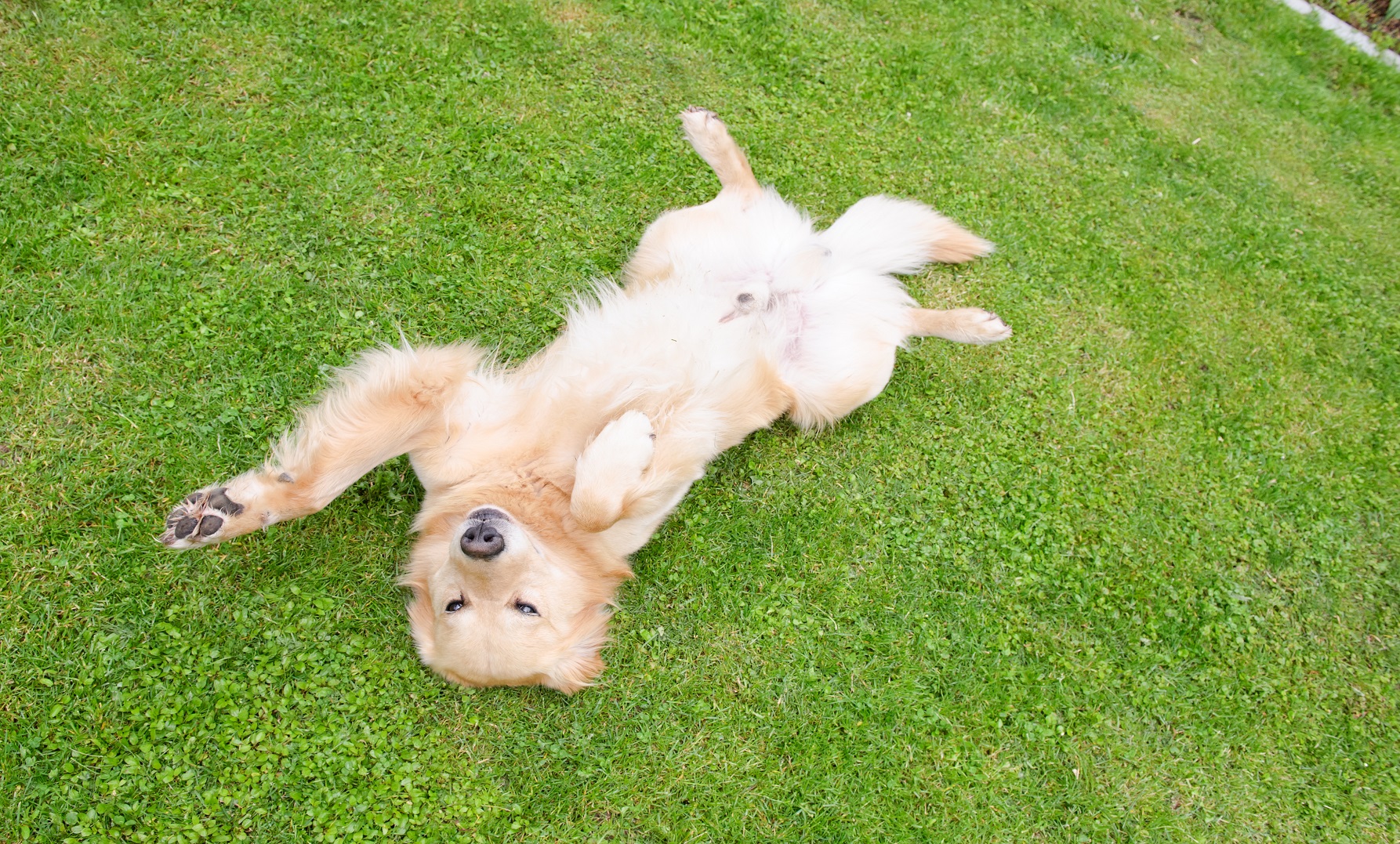The nerdy economist is back to share five economics lessons that I have learned from my dog, Zoey. I hope you enjoy and maybe have a few laughs!
Understanding your demand

The
demand for a good or service is the amount buyers are willing to purchase at a given price over a given period. Businesses strive to understand the demand for the goods and services they offer. Good salespeople listen, listen, and listen some more. They know their customers! Businesses spend enormous sums of money on customer research. They want to understand their customers' needs and respond accordingly.
I would bet my dog, Zoey, has better results. She spends every waking moment listening and being attentive to my desires. She will do anything to please me. Sometimes I think she understands what I want more than I do. For example, last week I was very irritated by a call from a very persistent salesman. Zoey sensed my displeasure and gave me her sympathetic look to try to comfort me. (It did.) To learn more about the importance of understanding demand, visit our free lesson
Demand – The Consumer's Perspective.
The need to ignore sunk costs

Humans have difficulty letting go of the past. We make an investment and are inclined to hold it even when we have a loss because we have too much invested. The same is true of soured relationships we may stay in too long because we have so much time and energy invested in them. These are sunk costs and should not be considered. A
sunk cost is a past cost that is irretrievable. For example, an investor should not hold an investment – even if he has a loss in it – if he believes another investment would have a larger return in the future. Note that I did not say that sunk costs should be ignored. We should learn from our mistakes and move on.
Lila, my daughter Hannah's dog, understands sunk costs. She never dwells on the past. Lila has been hit by accident several times when my daughter is putting Lila's leash on and her purse falls off her shoulder. Every time, Lila lets out a yelp, but returns with her tail wagging and quickly forgets. She acts as if it is her fault and is asking for forgiveness. But Lila has learned her lesson and tends to shy away from Hannah until she puts her bag down. Lila has learned – but forgets and does not let the past interfere with her relationship. To learn more about sunk costs visit our free lesson,
Marginal Analysis – How Decisions are Made.
Return on investment doesn't tell the entire story

A
return on investment is a measure of profitability – it is the amount earned divided by the investment and converted to a percentage. A flaw is that it neglects non-monetary returns. Businesses invest in their brand image and community. An excellent reputation pays enormous dividends. It attracts the best employees. Consumers are frequently willing to pay more for a good or service sold by a reputable company. However, putting a dollar figure on the return is very challenging.
Let's face it - dogs can be very expensive. Zoey is more catered to than we are. Of course, we provide Zoey with the best dog food. We are quicker to take her to the vet than for us to visit our doctor if we get sick. We normally walk her three times a day. In return we receive unconditional love, companionship, loyalty, honesty, and exercise. (Her job is to walk us.) To learn more about return on investment visit our free lesson
Capital – Financing Business Growth.
The law of diminishing marginal utility

A dog receiving pats may be the only example of a good or service that fails to comply with the
law of diminishing marginal utility. Economists refer to the law of diminishing marginal utility to describe the propensity for us to get tired of something and value it less the more we have. The law of diminishing marginal utility states that the satisfaction gained from each additional unit of a good or service consumed is less than the prior unit. For example, the first donut you eat tastes better than the fourth.
I don't know about your dog, but Zoey never tires of being petted. In fact, I think she gets greater satisfaction the more I pet her. Initially she may lay contently, but after a while she lays on her back, spreads her legs wanting her tummy rubbed. When I quit, she immediately comes over and nudges me with her nose. She even talks to me! My hunch is that at some point she would tire of the attention, but that is long after I tire of petting her! To learn more about the law of diminishing marginal utility visit our free lesson,
Marginal Analysis – How Decisions are Made.
Absolute advantage

Economists use the word
absolute advantage to describe when a company, country, or individual can perform a task more efficiently than others. A fast, athletic runner has an absolute advantage over me, a sixty plus, pudgy, male in running a 100 meter race.
Dogs work with and help humans in many jobs where they are better equipped because of their acute sense of smell and hearing. Some are listed below with links connecting them to YouTube videos illustrating their impressive abilities.
To learn more about absolute advantage read our free lesson
Comparative Advantage and Specialization.
Zoey is a member of our family. She gives so much more than she receives and impresses us every day with her abilities – but I never knew she understood so many basic economic principles! Please share this blog with any teachers, students, or dog lovers who you believe would benefit from reading it.





